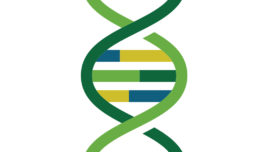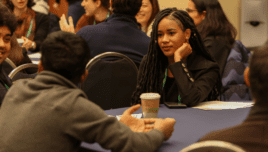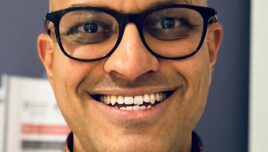Board Roundup: ASHG’s Board Looks to Expand Programs, Consider Future Direction of Society
You must be a member to access this page. Log in Become a Member If you believe you have a membership and are unable to log in contact membership@ashg.org Read More




